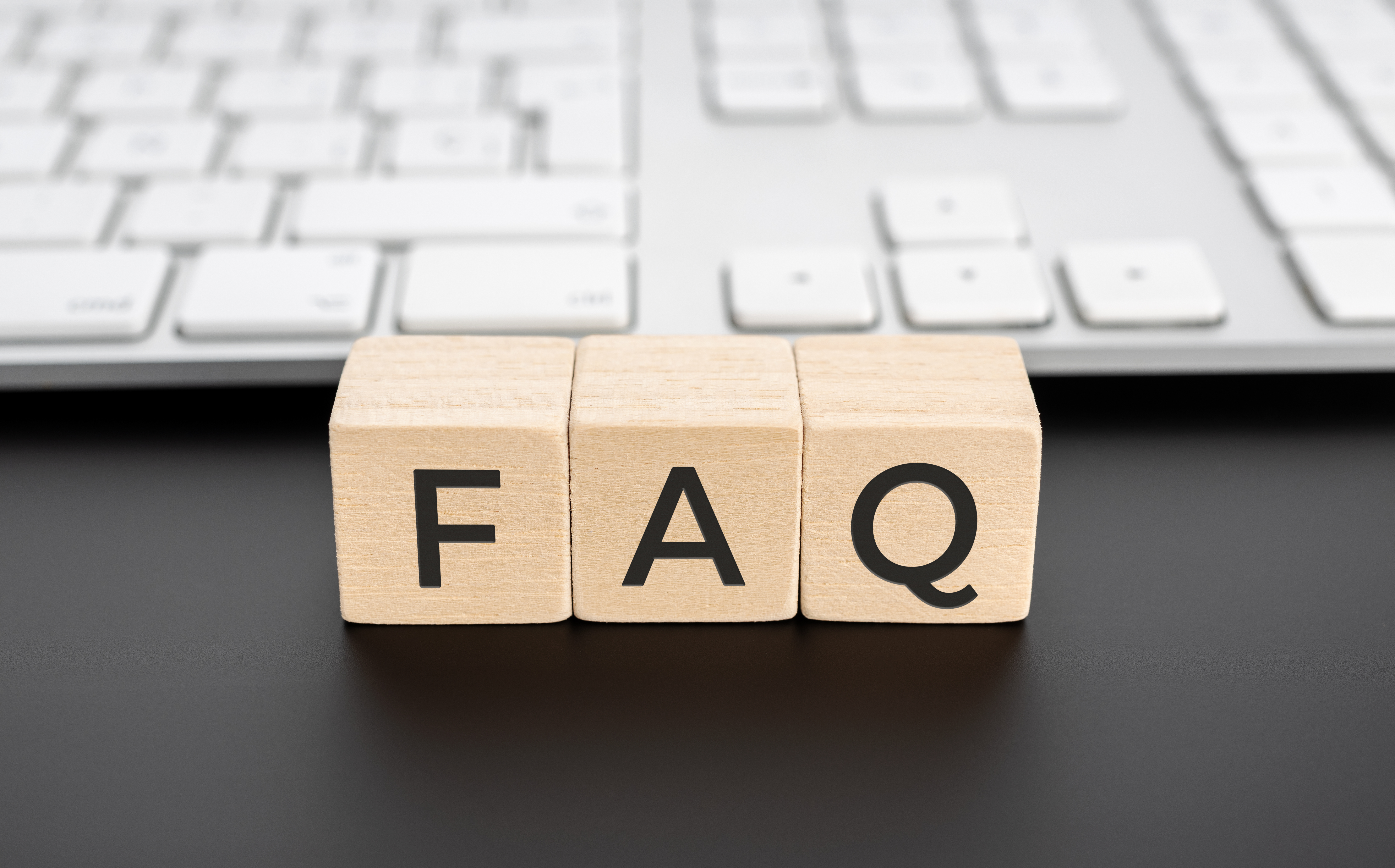Gastric band surgery, also known as lap band surgery, is a popular bariatric procedure for individuals looking to lose significant weight by limiting food intake. While it is considered safe and effective for many patients, it is not without potential risks and complications. In some cases, the gastric band can fail or lead to issues that require additional medical intervention.
In this article, we’ll explore the potential risks and complications associated with gastric band surgery, the reasons why a gastric band might fail, and how you can manage these risks to achieve long-term success.
1. What Is Gastric Band Surgery?
Gastric band surgery involves placing an adjustable silicone band around the upper portion of the stomach. This band creates a small stomach pouch that restricts the amount of food a person can eat at one time, helping them feel full sooner. The band can be adjusted by injecting or removing saline through a port placed under the skin, allowing the patient’s healthcare provider to tighten or loosen the band as needed.
While gastric banding has helped many people achieve substantial weight loss, like any surgical procedure, it carries risks and may not work as intended for every patient.
2. Potential Complications of Gastric Band Surgery
Although gastric band surgery is generally safe, complications can arise during or after the procedure. It’s important to be aware of these risks before deciding whether this weight loss method is right for you.
2.1. Band Slippage
Band slippage is one of the more common complications associated with gastric band surgery. This occurs when the band moves from its original position on the stomach, which can cause discomfort, nausea, vomiting, and difficulty eating.
Symptoms of Band Slippage:
- Increased difficulty swallowing
- Abdominal pain or discomfort
- Nausea and vomiting after meals
- Feeling less full after eating
How to Address It: If band slippage occurs, your healthcare provider may need to reposition the band through surgery. In some cases, the band may need to be removed or replaced if slippage continues.
2.2. Band Erosion
Band erosion, also known as gastric band migration, occurs when the band gradually erodes into the stomach wall. This is a rare but serious complication that can lead to infection, stomach perforation, and other health problems.
Signs of Band Erosion:
- Persistent stomach pain
- Unexplained weight loss
- Signs of infection, such as fever or swelling
How to Address It: If the band erodes into the stomach, it will need to be surgically removed to prevent further damage. Patients may also require antibiotics to treat any infections caused by the erosion.
2.3. Port or Tubing Problems
The gastric band is connected to a small port placed under the skin, which allows saline to be added or removed to adjust the band’s tightness. Over time, problems can develop with the port or tubing, such as disconnections or leaks, leading to issues with band function.
Symptoms of Port or Tubing Issues:
- Difficulty adjusting the band
- Inability to feel restriction after adjustments
- Fluid leakage from the port site
How to Address It: If port or tubing problems occur, your healthcare provider may need to repair or replace the affected components. This may involve a minor surgical procedure to restore proper function.
2.4. Acid Reflux and Heartburn
Some patients experience acid reflux or heartburn after gastric band surgery. This can occur if the band is too tight or if the patient consumes certain trigger foods. Acid reflux can cause discomfort and lead to long-term damage to the esophagus if left untreated.
How to Address It: To manage acid reflux, patients may need to adjust their diet and avoid foods that trigger symptoms. If the reflux persists, loosening the band or using medications to reduce stomach acid can help relieve the discomfort.
2.5. Infection
Infections can occur at the incision site or around the port after gastric band surgery. While most infections can be treated with antibiotics, severe cases may require surgical intervention to remove infected tissue or repair the affected area.
Signs of Infection:
- Redness or swelling around the incision site
- Drainage or pus at the port site
- Fever or chills
How to Address It: Infections should be treated as soon as possible to prevent them from worsening. Contact your healthcare provider if you notice any signs of infection after surgery.
3. Why Might a Gastric Band Fail?
In addition to potential complications, there are other reasons why a gastric band might fail to produce the desired weight loss results. Understanding these causes can help you take proactive steps to ensure long-term success.
3.1. Inadequate Band Adjustments
The success of gastric band surgery depends largely on regular adjustments to the band’s tightness. If the band is too loose, it may not provide enough restriction to limit food intake. Conversely, if the band is too tight, it can cause discomfort and difficulty eating.
Solution: Schedule regular follow-up appointments with your healthcare provider to ensure that your band is properly adjusted. This will help you achieve and maintain optimal restriction for weight loss.
3.2. Overeating or Consuming High-Calorie Foods
Even with a gastric band, it’s possible to consume high-calorie foods or eat more than the stomach pouch can comfortably hold. This can lead to weight regain or insufficient weight loss, as calorie intake may exceed what the body needs to lose weight.
Solution: Stick to your post-surgery diet plan, focusing on smaller portions of nutrient-dense, low-calorie foods like lean proteins, vegetables, and whole grains. Avoid high-sugar, high-fat foods that can contribute to weight gain.
3.3. Emotional Eating or Lack of Support
For many people, emotional eating is a significant challenge after gastric band surgery. Stress, anxiety, or emotional triggers can lead to overeating, even when the stomach is physically restricted.
Solution: Consider seeking support from a counselor, therapist, or bariatric support group to help you manage emotional eating. Addressing the psychological aspects of weight loss is critical for long-term success.
3.4. Lack of Physical Activity
Exercise plays a crucial role in maintaining weight loss after gastric band surgery. Without regular physical activity, it can be difficult to burn calories and maintain muscle mass, both of which are essential for long-term health and weight management.
Solution: Incorporate regular physical activity into your daily routine, aiming for at least 150 minutes of moderate exercise per week. Activities such as walking, swimming, or strength training can help you maintain weight loss and improve your overall well-being.
4. Preventing Gastric Band Complications and Failure
While complications and band failure can happen, there are steps you can take to reduce the risk and ensure the best possible outcome from your surgery.
4.1. Attend Regular Follow-Up Appointments
Regular check-ins with your healthcare provider are essential for monitoring the function of the gastric band and making adjustments as needed. These appointments help ensure the band is working properly and that any issues are addressed early.
4.2. Follow Your Post-Surgery Diet Plan
Sticking to a healthy, balanced diet is key to preventing weight regain and avoiding complications like band slippage or stretching the stomach pouch. Focus on eating smaller portions and nutrient-dense foods.
4.3. Stay Active
Exercise not only helps with weight loss but also supports your overall health. Incorporate regular physical activity into your lifestyle to maintain muscle mass, burn calories, and enhance weight loss results.
4.4. Address Emotional Eating
If emotional or stress eating is an issue, seek support through therapy or a bariatric support group. Learning to manage emotions without turning to food is crucial for long-term success.
While gastric band surgery can be highly effective for weight loss, there are potential risks and complications that need to be managed. Regular adjustments, a healthy diet, and consistent exercise are key to ensuring long-term success. If complications arise, such as band slippage or erosion, early medical intervention can help prevent more serious issues. Always consult your healthcare provider if you experience any concerns after surgery.
Frequently Asked Questions (FAQ)
Here are some common questions about the potential risks and complications of gastric band surgery:
1. Can a gastric band fail?
Yes, a gastric band can fail due to complications such as band slippage, erosion, or inadequate adjustments. Failure can also result from a lack of lifestyle changes, such as poor diet or insufficient exercise.
2. What happens if my gastric band slips?
If your gastric band slips, it can cause discomfort, nausea, and vomiting. You may need surgery to reposition the band, and in some cases, the band may need to be removed or replaced.
3. What is band erosion, and how serious is it?
Band erosion occurs when the gastric band erodes into the stomach wall. This is a serious complication that requires the band’s removal to prevent further damage or infection.
4. How often do I need to adjust my gastric band?
Adjustments vary from patient to patient, but they are typically needed more frequently in the first year after surgery. Regular check-ups with your healthcare provider will determine if your band needs to be tightened or loosened.
5. Can I experience acid reflux after gastric band surgery?
Yes, some patients experience acid reflux or heartburn after gastric band surgery. This can be managed by adjusting the band, changing your diet, or using medications to reduce stomach acid.
6. What should I do if I start gaining weight after gastric band surgery?
Weight gain after gastric band surgery can result from overeating, eating high-calorie foods, or lack of exercise. If you notice weight gain, consult your doctor to assess whether the band needs adjustment or if you need to revisit your diet and exercise habits.
7. Are infections common after gastric band surgery?
Infections can occur at the incision site or around the port where adjustments are made. While infections are not common, they can be treated with antibiotics or, in severe cases, may require surgical intervention.
8. Can emotional eating affect my success with a gastric band?
Yes, emotional eating can lead to weight regain, even with a gastric band. Addressing emotional triggers and seeking support through therapy or a support group can help manage emotional eating.
9. How can I prevent gastric band complications?
To prevent complications, attend regular follow-up appointments for adjustments, stick to your post-surgery diet, avoid overeating, and incorporate physical activity into your daily routine. Managing stress and emotional eating is also essential.
10. When should I contact my doctor after gastric band surgery?
You should contact your healthcare provider if you experience persistent pain, nausea, vomiting, difficulty swallowing, signs of infection, or unexpected weight gain.
 Clinic Booking
Clinic Booking




 No Record
No Record